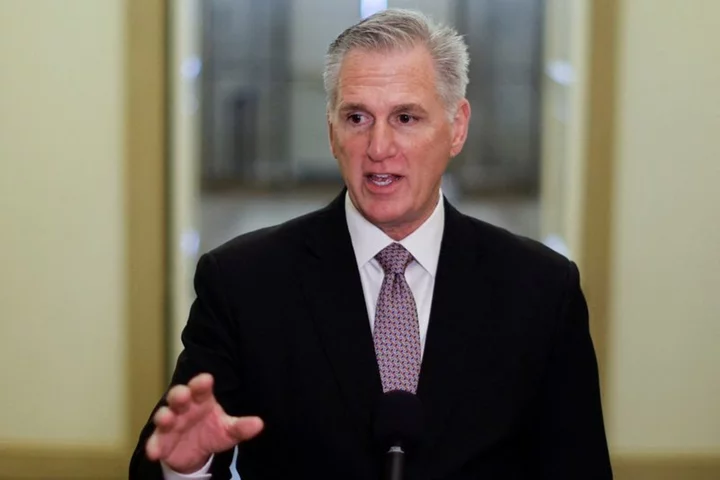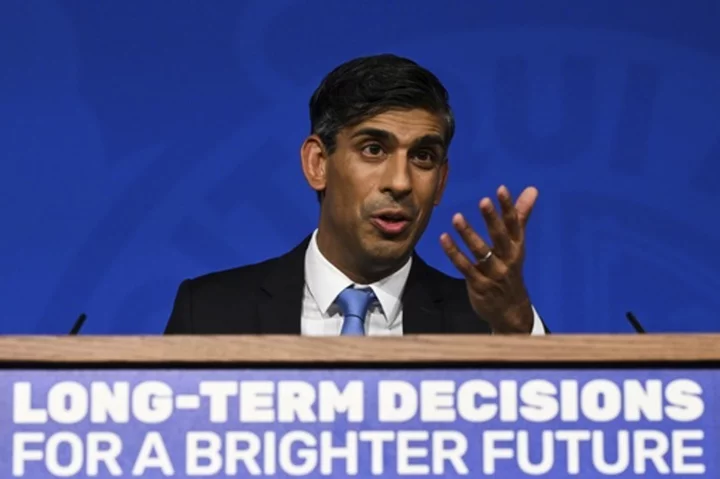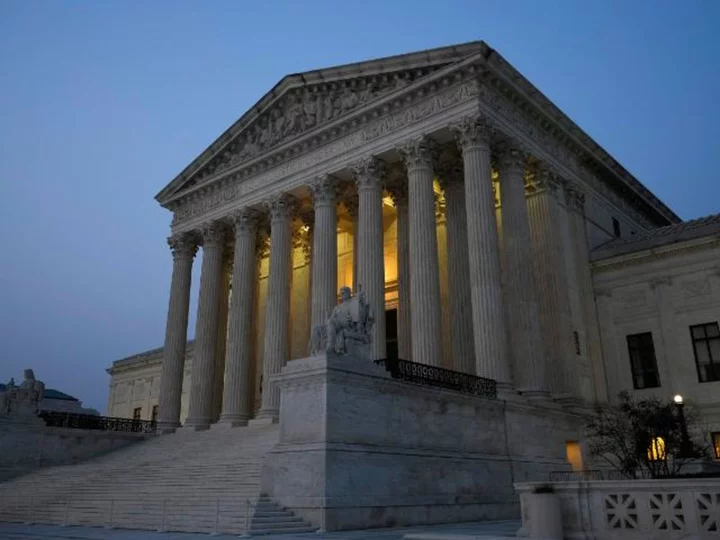By Makini Brice and Richard Cowan
WASHINGTON Republicans in the U.S. House of Representatives on Friday turned to a new strategy in a long-shot bid to prevent the fourth government shutdown in a decade, as time runs short ahead of a Sept. 30 deadline.
Republicans have so far failed to advance legislation that would keep the government running when the new fiscal year starts on Oct. 1.
Instead, they will prepare four separate spending bills, most of which reflect the deep cuts sought by the party's right flank. Those are certain to be rejected by the Democratic-controlled Senate, as they are far below spending levels outlined in a deal with Democratic President Joe Biden earlier this year.
If Congress does not agree on spending levels, many government activities, from financial oversight to civil litigation, would be curtailed.
The House Rules Committee is scheduled to meet at 1 p.m. (1700 GMT) to consider the four bills, which would fund the military, foreign affairs, homeland security and agriculture for the full fiscal year.
Votes by the full House are unlikely, as many lawmakers have departed for the weekend.
The White House has asked Congress to pass a stopgap spending bill to buy time for further negotiations, but some hardline Republicans have balked at that idea.
On Thursday, the House blocked a procedural vote on an $886 billion defense spending bill, as five Republicans joined Democrats to capsize it. It was the third time the Republicans had failed to advance that legislation, which typically gets broad support from the party.
Republicans hold a narrow 221-212 majority in the House and can afford very few defections.
Former President Donald Trump, the frontrunner for the Republican nomination for the 2024 presidential election, has cheered on a shutdown. During Trump's four-year presidency, the government shuttered three times.
A shutdown is not a foregone conclusion. Senate Democrats have indicated they may try to force the House to vote on a stopgap spending measure, or McCarthy could reject his right flank and cut a deal with Democrats and moderate Republicans. But that could cost McCarthy his job, leading to further chaos in the House.
(Reporting by Makini Brice and Richard Cowan; editing by Andy Sullivan and Alistair Bell)









